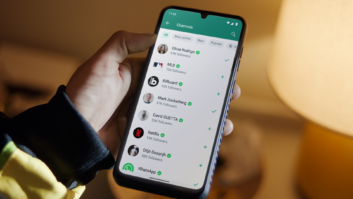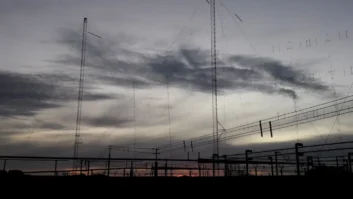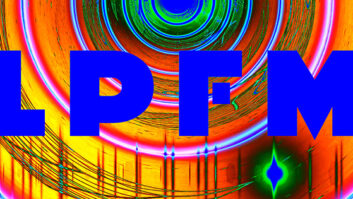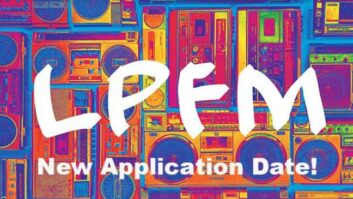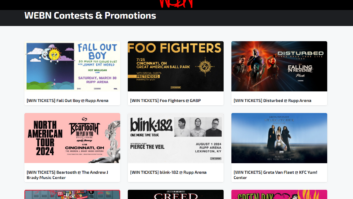
The arguing among participants in elevated IBOC power increase tests is becoming sharper in their efforts to “set the record straight.” The debate is highlighting stress lines among the various broadcast groups that have a stake in whether a digital power hike will be approved.
At issue is whether Rhode Island Public Radio station WRNI(FM) in Narragansett Pier, R.I., experienced interference at the hands of Greater Media station WKLB(FM), of Waltham, Mass., during elevated FM IBOC operation of WKLB.
I wrote earlier that WRNI told the FCC it did experience interference while WKLB says it found no interference within WRNI’s 60 dBu contour.
Rhode Island Public Radio CE Steve Callahan told the commission in filed station comments that there were “heated discussions” in one of the test vans in May between the iBiquity, Greater Media and NPR engineers over what should be tested and further that iBiquity and Greater Media had “insinuated” themselves into the test process. (Callahan has written for Radio World in the past, but not on this topic.)
Greater Media replied in an Aug. 5 letter to the FCC that these allegations are baseless and that discussions in the test van were “cordial and constructive.” IBiquity told the FCC in a letter of its own on Aug. 6 that it sent one of its engineers and a test van up to New England for the tests because it appeared NPR had insufficient help and equipment. They also noted that iBiquity and Greater Media are members of a working group helping NPR to shape the test program.
IBiquity said it was at a loss to explain WRNI’s comments and invited NPR to weigh in, either publicly or in talks with the commission, and said “NPR’s continued silence” would undercut the confidence of the industry and the commission about the test program.
WRNI meanwhile has filed a response with the commission that says it doesn’t appreciate having its motives questioned nor the integrity of its CE impugned, which “comes with ill grace and signals a willingness to employ a scorched-earth means to their ends.”
My guess is NPR will take the private route here, being in the delicate position of not wanting to criticize a member station publicly, and also not wanting to complicate its relationships with the commercial guys and iBiquity. Anecdotally, I heard earlier the test process in New England wasn’t as smooth as it could have been in contrast to the next round of tests in Minnesota, which went faster.
What this all means for the elevated power question, I’m not sure, however it raises the question of how the détente is going between NPR Labs and the commercial groups. I know why that détente happened: Both sides wanted to stop throwing rocks at each other publicly so they could stop hissing at each other about who tested what and how. Now it appears NPR, which is the closest thing radio has to an independent test entity other than the NRSC, is caught in the middle of finger-pointing and name-calling.





